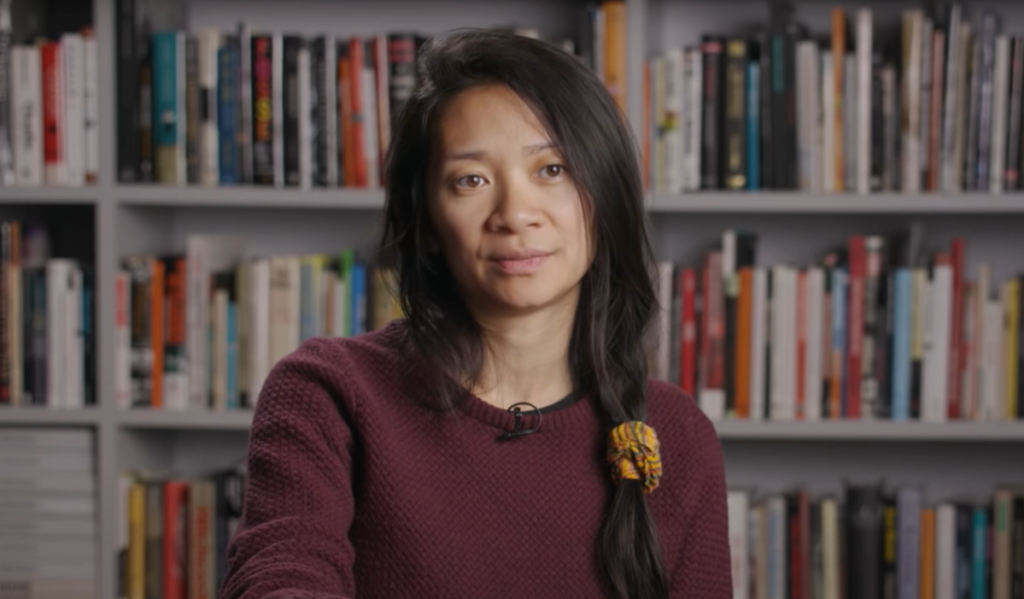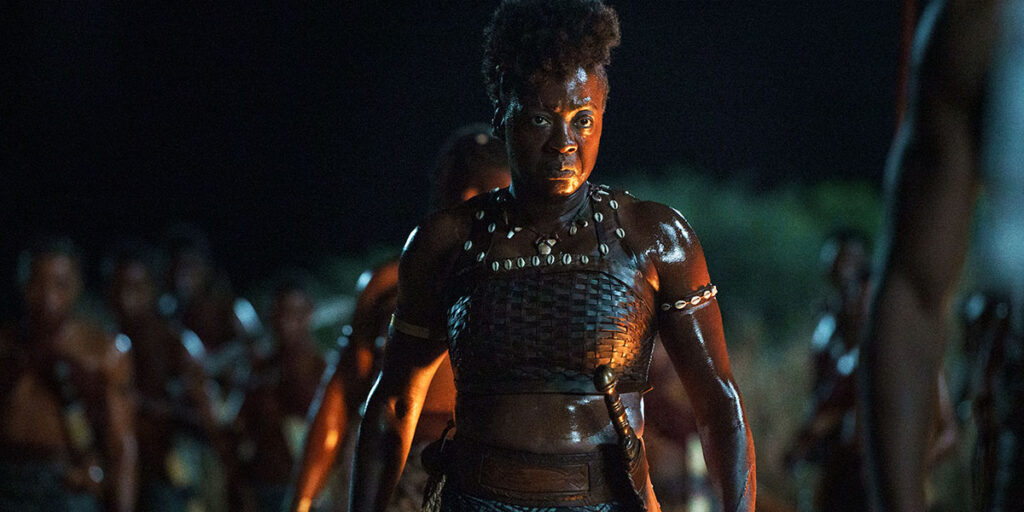If you’re reading this site, chances are good you’ve heard of “Empire,” the new FOX drama that has increased its audience every single week since its series premiere seven weeks ago. There are lots of reasons why the hip-hop/Shakespeare mash-up is the it show right now, but one should be obvious even if you’ve never caught an episode: diversity. Forty percent of Americans belong to a minority group, but our movies and TV shows are still overwhelmingly about and written by white men.
Now science has come along to prove to Hollywood that it’s doing everything wrong: casting wrong, hiring wrong, making money wrong. A UCLA study out of the Ralph J. Bunche Center for African American Studies states unequivocally that “diversity sells”: films with “relatively diverse” casts earned the most money at the global box office and delivered the highest median investments, while shows with at least 40% diversity in the cast and 20–30% diversity in the writers room were most popular among the desired 18–49 set.
“Hollywood is not progressing at the same rate as America is diversifying,” commented the study’s lead author Darnell Hunt. “Audiences, regardless of their race, are clamoring for more diverse content,” added co-author Ana-Christina Ramon. In other words, viewers want to see not only see themselves on screen, but the demographics of the real world too.
In film, the study found, minorities and women are both underrepresented more than 2 to 1, meaning there are “less than half as many as their share of the US population,” per the Hollywood Reporter. Minority directors also also underrepresented 2 to 1 as directors, and women directors 8 to 1.
The 28 movies with 21–30% diverse casts made significantly more globally (with $143.3 million as the median) than the 50 movies with 0–10% diverse casts (with $53.2 million as the median). The films with at least 20% diverse casts also returned the most on median investment.
On television, minorities were found to be underrepresented 6 to 1 in lead roles on scripted broadcast series and nearly 2 to 1 on cable. They didn’t fare much better as TV creators. Women approached parity in lead roles on TV, but were underrepresented 2 to 1 as creators on both broadcast and cable.
TV shows with 30–50% diversity — meaning those that most closely match reality — garnered the highest ratings in white, black, and Latino households.
The study ultimately lays the blame for Hollywood’s lack of gender and racial diversity on “an industry culture that routinely devalues the talent of minorities and women.” “It’s a high-risk industry,” admitted Hunt. “People want to surround themselves with collaborators they’re comfortable with, which tends to mean people they’ve networked with — and nine times out of ten, they’ll look similar. It reproduces the same opportunities for the same kind of people: You’re surrounding yourself with a bunch of white men to feel comfortable.”
Hunt’s research was based on the top 200 films in 2012 and 2013 based on global receipts (excluding foreign films) and every broadcast, cable, and digital TV series of the 2012–13 season (1,105 total).







